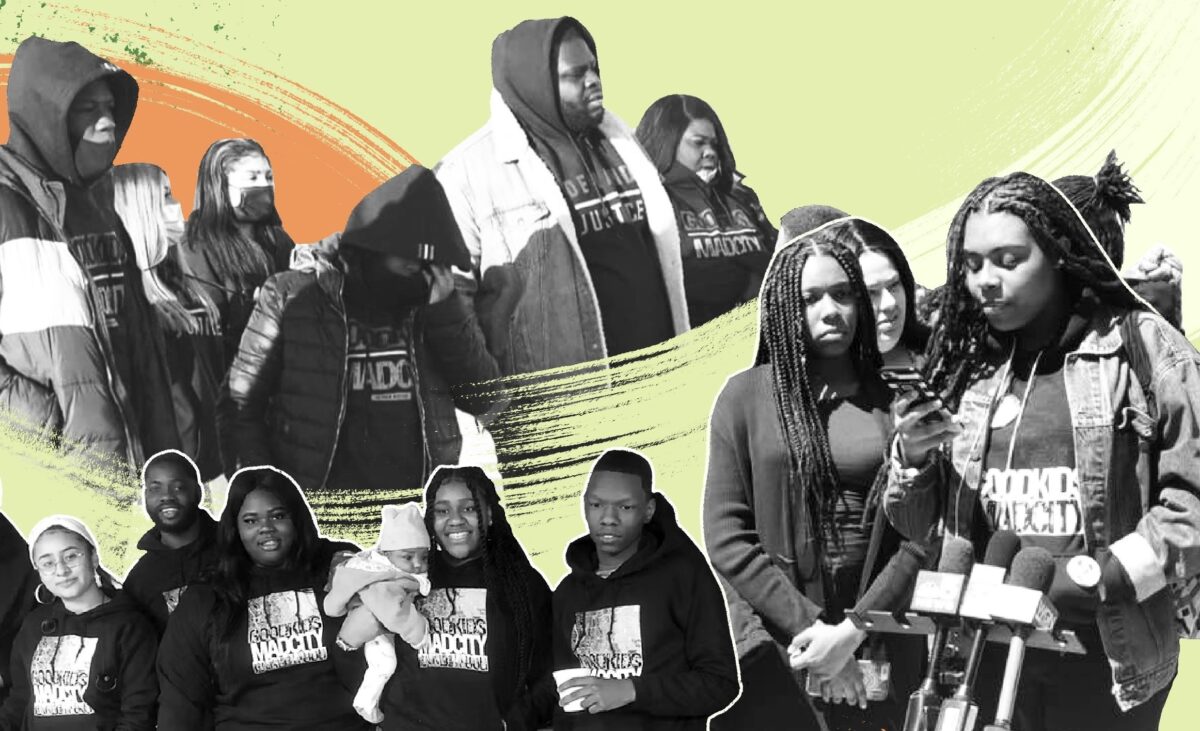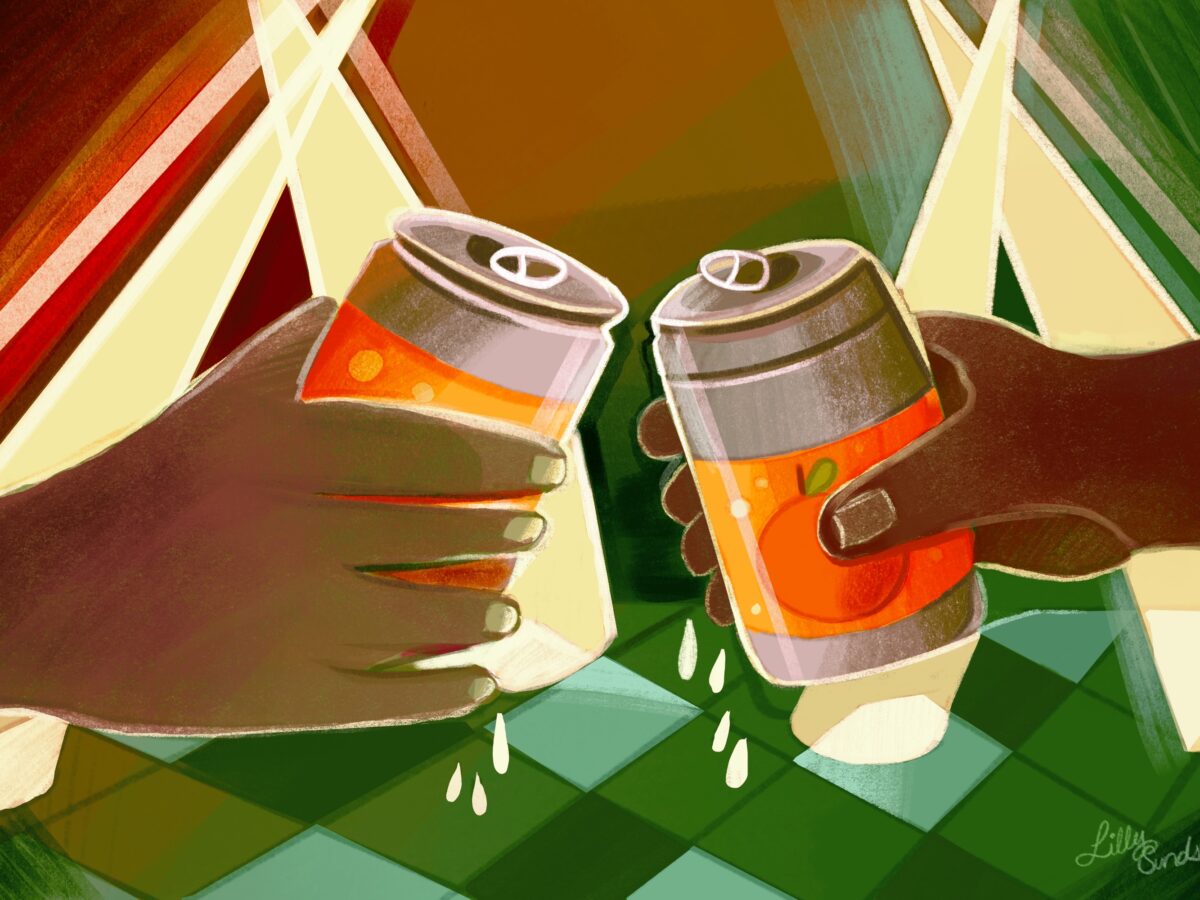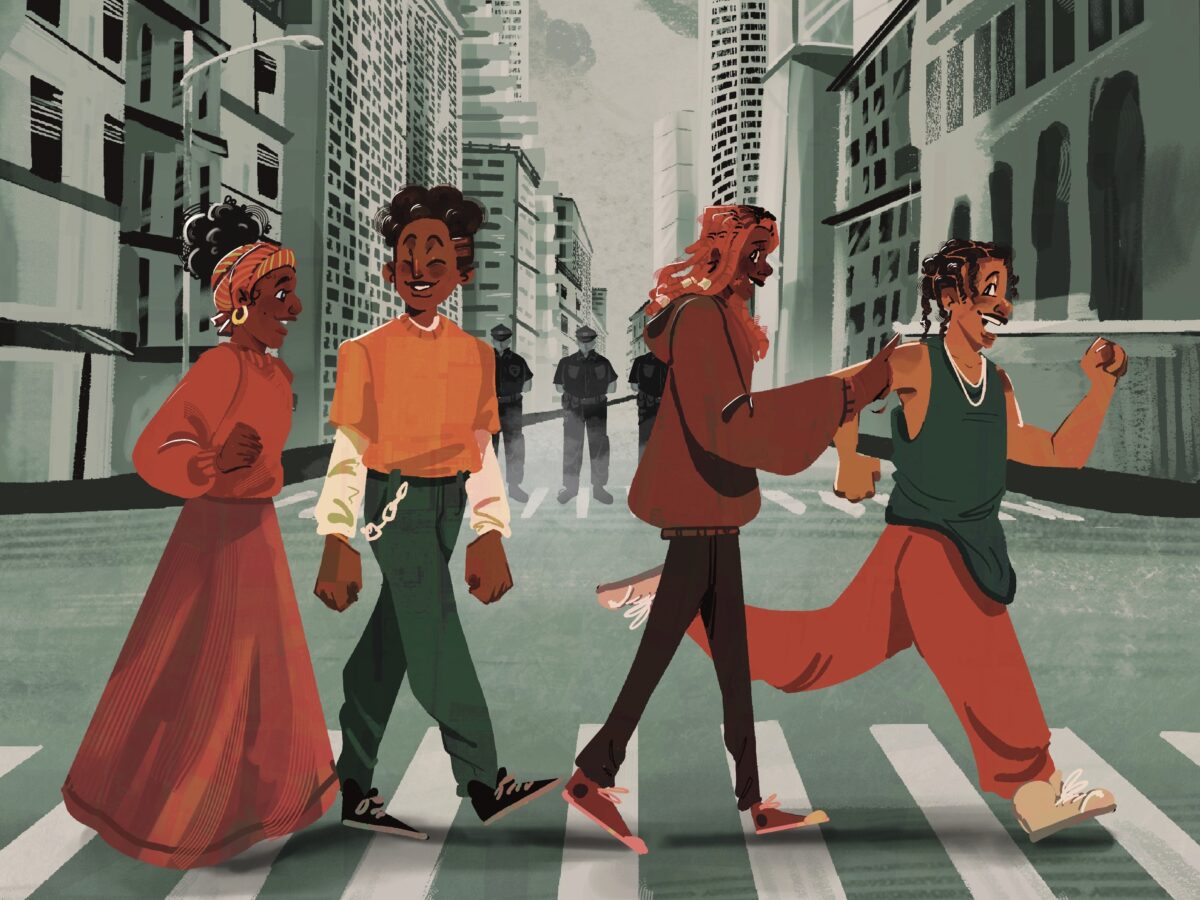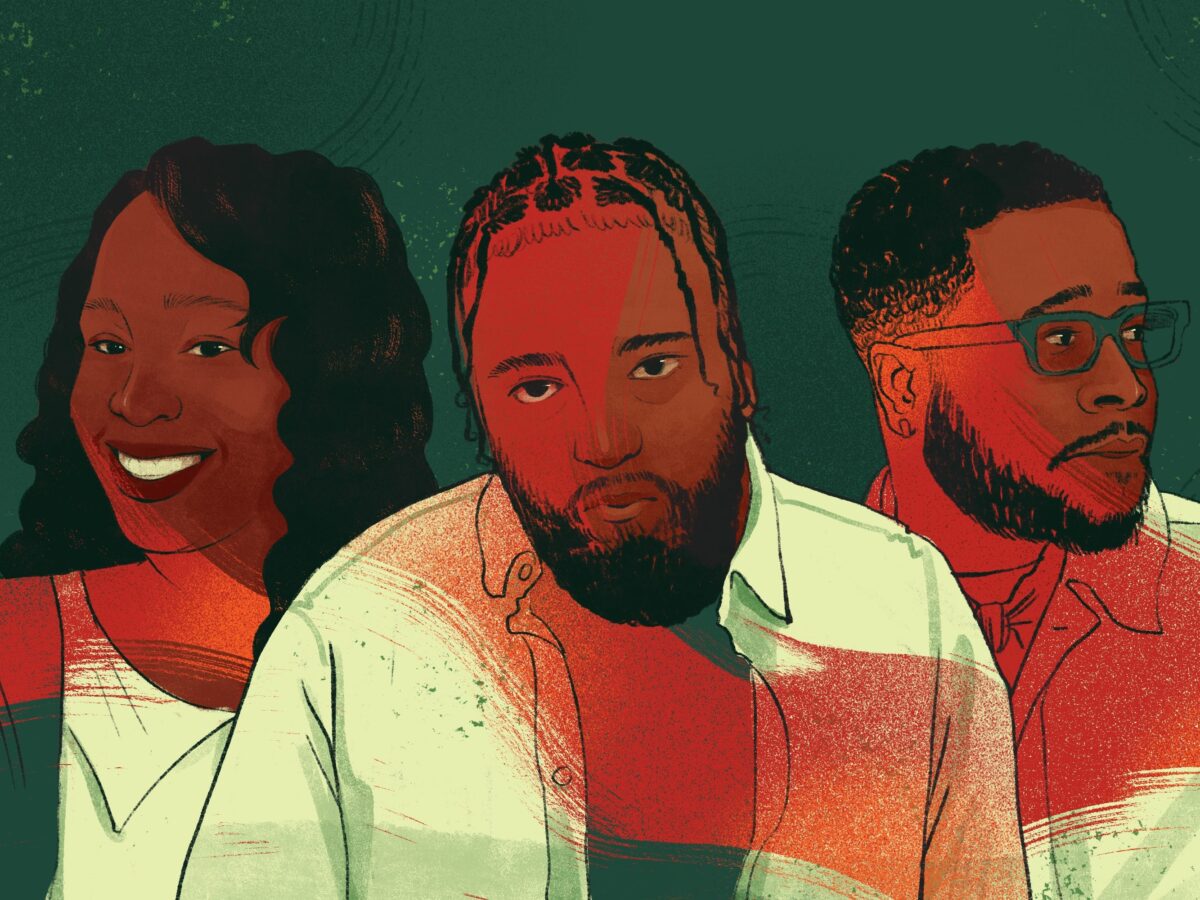My first time speaking in front of the City Council, with Mayor Richard M. Daley at the helm, was in the 1990s as a teenager arguing against the so-called anti-gang ordinance. What I didn’t know then was how this racist policy was connected to a long historical arc of Chicago controlling, regulating and brutalizing young Black citizens in the name of law and order. It is an arc that dates back to 1919, when white beach-goers decided that seventeen-year-old Eugene Williams’ life should be ended for crossing an invisible segregation line in Lake Michigan, sparking racialized violence against people in Black neighborhoods that would later be dubbed the Red Summer.
In the 1950s it was well known that the Chicago police would regularly pick up Black youth to intimidate them with beatings and arrest. The 1962 documentary Lord Thing had first-hand testimonies of Vice Lords leaders who said they organized their group in the St. Charles Juvenile Correctional Facility after suffering such abuses. In the late 1960s, the Chicago police and FBI assassinated twenty-one-year-old Chairman Fred Hampton and twenty-two-year-old Mark Clark of the Black Panther Party, whose only threat was a free breakfast program for children and a free health care clinic for poor, marginalized Chicagoans on the West Side.
So I ask: when have Black youth felt safe and been able to move freely around the most segregated city in the world? Why, in 2025, are Black youth still criminalized and discouraged to leave their poverty-stricken neighborhoods?
Kofi Ademola is the co-founder of GoodKids MadCity.
Young Black and brown youth have never had free space and safety in this segregated city. In Chicago, simply existing in our communities has always come with surveillance, suspicion, and the constant threat of criminalization. Our joy is policed, our movement restricted, and our presence treated like a problem. We’re told when we can be outside, where we’re allowed to gather, and how we’re supposed to exist—all under the guise of “public safety.” But this isn’t about keeping us safe. It’s about control. It’s about maintaining a system that has never made room for our freedom.
Soon, just being a teenager in Chicago could land you in handcuffs, slapped with a ticket, pushed out of public space—and pulled into the criminal legal system. Not because you’ve done anything wrong, but because some City Council members want to pass a “snap curfew” ordinance. The law would hand broad power to police to call rolling curfews. Under these curfews, police can shut down parks, beaches, and public spaces at any time of day—all in response to so-called “mass gatherings” of twenty or more people. But the ordinance doesn’t set clear boundaries for where the curfew starts or ends.
That kind of vague, stretched-out language gives the system wiggle room to target and to single us out, while calling it safety.
This is not protection. This is punishment.
The snap curfew proposal is not about keeping kids safe. It’s about control. It’s about policing presence instead of addressing absence: the absence of resources, support systems, safe spaces, and trust in our communities. When policies are passed that treat us as threats rather than as members of the community, you fail us. And when you increase police presence instead of community investment, you plant seeds of trauma, not safety.
Ask yourself: what happens when you lock young people out of public spaces? What happens when we no longer have spaces where we can express ourselves without the constant fear of being criminalized, or when the only time we see an authority figure is when we’re being stopped, searched, arrested, or fined? This is not teaching us to be responsible. It’s teaching us that we don’t belong. All it tells us is that the city that raised us has no space for our joy, our curiosity, or our growth.
Our communities aren’t suffering because teenagers are outside enjoying ourselves. Our communities are suffering because schools are underfunded, youth centers are shutting down, mental health services are scarce, and jobs for young people are almost nonexistent. We’re criminalizing the symptoms of a system that has failed to care for its young.
What we need are not curfews. We need commitments. We need investments in after-school programs, mentorship opportunities, and spaces where youth can express themselves without fear. We need restorative justice, not punishment.
We need the Peace Book, which is GoodKids MadCity’s youth-led, community-supported ordinance that invests in Chicago’s young people and centers our knowledge, our brilliance, and our lived experience to heal the root causes of harm. We don’t need a law that expands the carceral state. We need a policy that sees the humanity in us, not just our mistakes.
Because the truth is, when you treat young people like criminals, it makes us feel like this system was never meant for us. And if we’re being honest with ourselves, it hasn’t been.
But if you choose to believe in us—to support us, guide us, and give us the space to grow — we will rise. All of us. And when we rise, our communities rise with us.
Reynia Jackson is a youth organizer with GoodKids MadCity.




